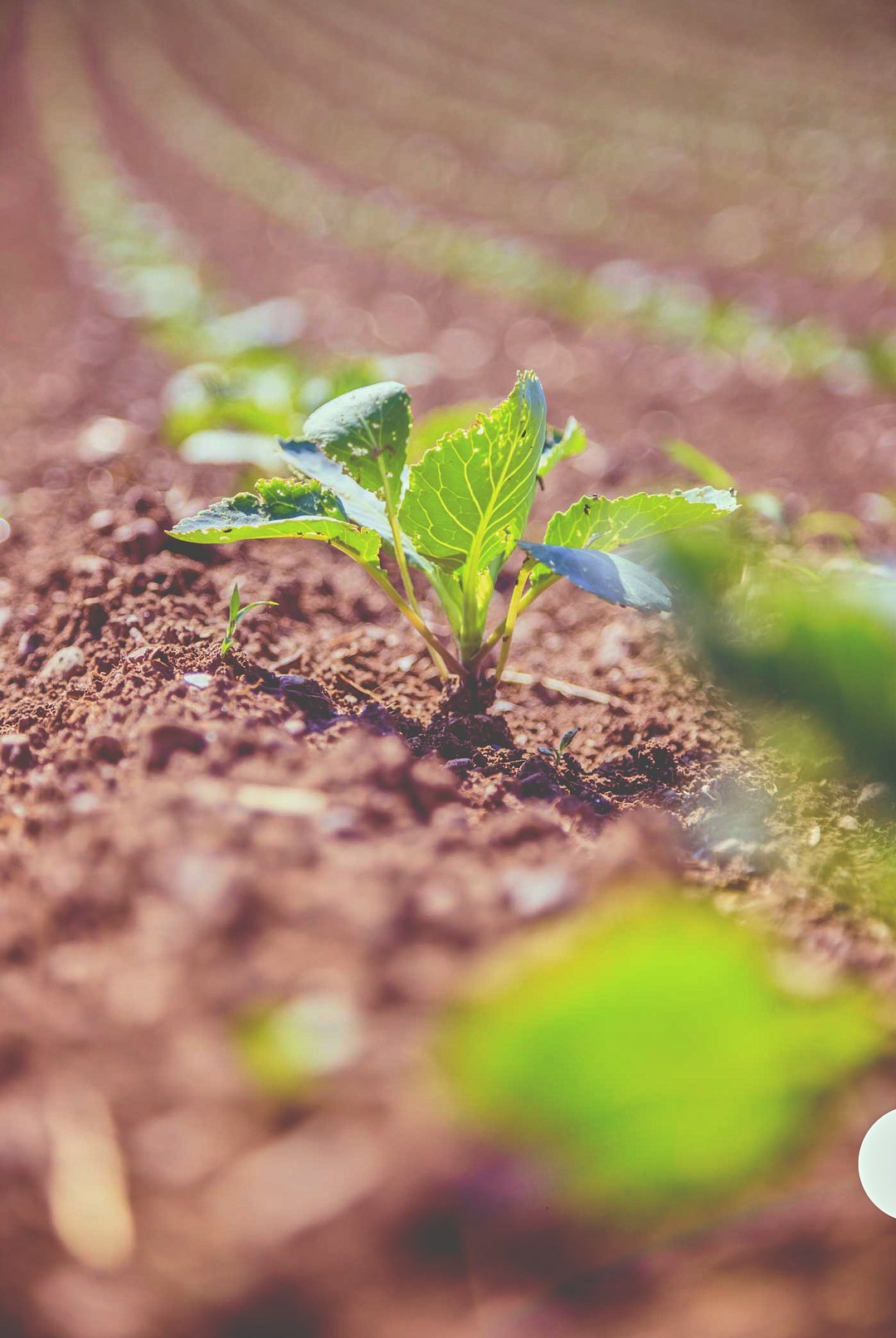#67 Monocropping
Did you know that the Earth’s soil is depleting at more than 13% the rate it can be replaced? With industrial monocropping growing the majority of food in the world, it plays a big role in soil depletion. Monocropping is extremely detrimental to our health and the health of the planet. Let’s learn more about monocropping.
The Monoculture Truth:
Monocropping is the agricultural practice of growing a single crop year after year on the same land, in the absence of rotation through other crops. Corn, soybeans, and wheat are three crops often grown using monocropping techniques. Monocultures don’t exist in nature. Natural ecosystems that appear to be dominated by one plant or tree species also have many other plant species growing under and around them. Biological diversity is critical for the health of the soil as it provides an assortment of vitamins and minerals in the food we eat.
Monocropping Facts:
75% of the world’s crop varieties have been lost over the last century.
There are 442 million acres of monocropping in the US alone.
Only 9 plant species account for almost two-thirds of total crop production.
Over the past 10 years, we’ve had 100 million tons of herbicides dumped onto our crops, polluting our soil and streams.
Large quantities of synthetic herbicides, insecticides, bactericides and fertilizers are used in monocropping.
The lack of diversity in a monoculture system eliminates all the functions that nature provides to plants and the soil.
Much of industrial monoculture’s harvest goes to feed livestock in the animal agriculture system.
How Can I Make An Impact ?
Action 1: Global Goodness
Study what you eat. Read your labels and know where your food is coming from. The majority of monocrops go into animal feed for meat, as well as boxed and packaged goods. Purchasing less processed foods and increasing the amount of whole foods you consume will reduce the demand on monocropping.
Eat organic. Organic farmers know the importance of soil health and tend to rotate crops to maintain yields.
Action 2: Planet Protector
All of Action 1
Shop at your local farmers market. Supporting local food production lessens the demand for industrial agriculture.
Connect with your food and nature, by growing some of your own food. Even if it’s a few planters of leafy greens or herbs – every little bit helps in reduce the demand on industrial agriculture.
Action 3: Earth Angel
All of Action 1 & 2
Tell the Congress we want cleaner agriculture standards. Petitioning against monoculture, and its negative effects – can bring awareness and change.
Choose to be an Ambassador for Change, and always Spread Love and Spread Light.
FACTS REFERENCES:
https://www.ucsusa.org/our-work/food-agriculture/our-failing-food-system/industrial-agriculture
https://www.onegreenplanet.org/animalsandnature/monoculture-crops-environment/
https://www.mdpi.com/2071-1050/4/11/2970/htm
http://theconversation.com/single-crop-farming-is-leaving-wildlife-with-no-room-to-turn-38991


